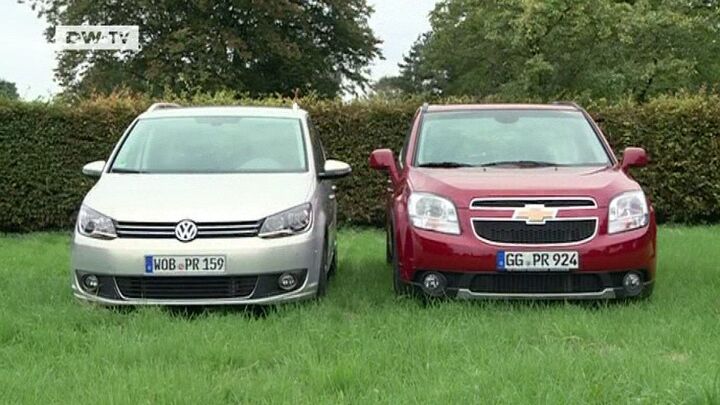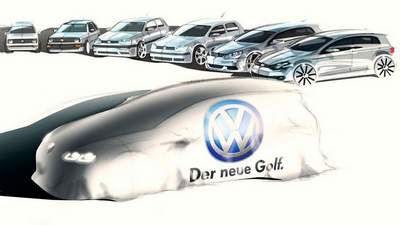#World'sLargestAutomakers
Toyota Officially Wants To Make More Than 10 Million Units This Year - Very Carefully
By now, most of you who care about these things are aware that Toyota today announced an annual net profit of $9.73 billion for the fiscal that ended on March 31, more than three times of what the company made in the year before. By now you probably heard that the “weaker yen” is the reason. Not really, says Toyota, claiming that “effects of FOREX rates” added only $1.5 billion to the bottom line. There is another number you may not have heard.
World's Largest Automakers 2013: GM Maintains Narrow Lead Over Volkswagen - Tight Race Expected
GM published global sales numbers for the first quarter of 2013, and media from The Detroit News to Bloomberg considered it headline material that GM edged out Volkswagen – barely. Who would have thought that the scrappy maker of cars that – if the blogs are to be believed – can’t keep their wires from crossing is breathing down the neck of the formerly mighty General?
Toyota To Close The Year 80,000 Units Shy Of 10 Million
Last May I said that Toyota will end the year as the world’s largest automaker with around 10 million units produced. When I did that, some people gave me a look usually reserved for people who sadly lost it. Even the good folks at Toyota did not want to comment, at least not in my face.
Toyota will end the year with 9.92 million units produced, up 26 percent on 2011.
World's Largest Automaker 2012, An Update
September Production and Full Year Forecast9M ’129M ’11YoYProj ’12Toyota7,681,8915,583,32837.6%10,243,000GM7,054,0006,948,0001.5%9,405,000Volkswagen6,710,0006,110,0009.8%8,947,000Black: Company data. Toyota, GM: Production. VW: Deliveries. Forecast by TTAC
With GM’s third quarter release also and finally came the long-awaited global production numbers for the first nine months. We need production, because the race for the world’s largest automaker is decided by how many cars are made, not by how many are sold.
Volkswagen Wants To Overtake GM. In A Golf
“Volkswagen is on course to bump General Motors into the world no.3 ranking this year,” writes Reuters. That’s not all. Volkswagen “aims to sell a world-leading 10 million vehicles by 2018, up from the 8.36 million recorded last year, and push past Toyota.”
The car that is supposed to lead Volkswagen to world domination is an also-ran in the U.S., but it is one of the world’s most sold cars. It is the Golf, and its seventh generation will be revealed tonight in Berlin at the Neue Nationalgalerie, the Mies van der Rohe designed temple of modern art.



















Recent Comments